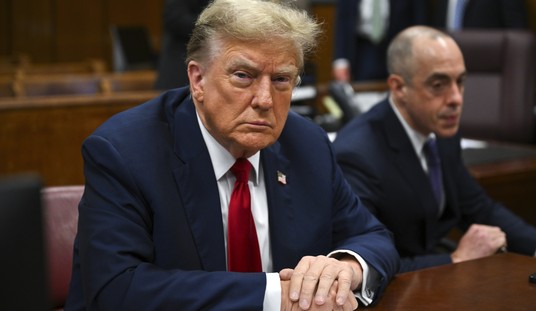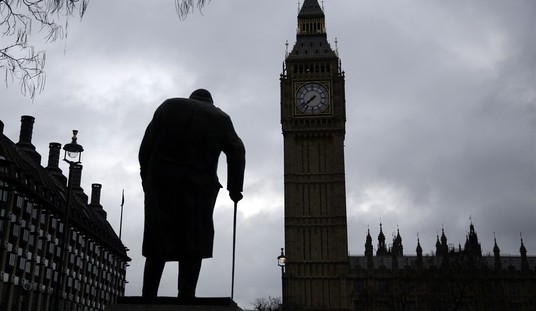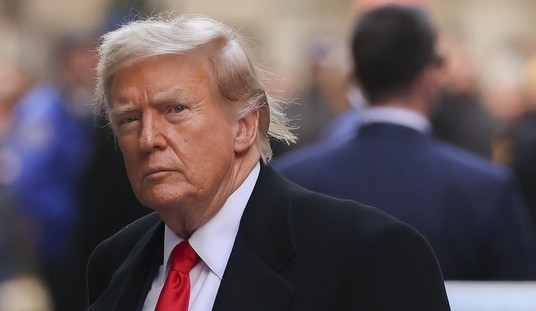Two academics, Simon Johnson from MIT’s Sloan School of Managment and Peter Boone from the London School of Economics predict that the world is close to inflating its final economic bubble. After this last party a Depression will overtake the world. The end is near, they claim, because interest rates are near zero the world over and there is nowhere else to go.
The doomsday cycle has several simple stages. At the start, creditors and depositors provide banks with cheap funding in the expectation that if things go very wrong, our central banks and fiscal authorities will bail them out. Banks such as Lehman Brothers – and many others in this past cycle – use the funds to take large risks, with the aim of providing dividends and bonuses to shareholders and management.
Through direct subsidies (such as deposit insurance) and indirect support (such as central bank bailouts), we encourage our banking system to ignore large, socially harmful ‘tail risks’ – those risks where there is a small chance of calamitous collapse. As far as banks are concerned, they can walk away and let the state clean it up. Some bankers and policymakers even do well during the collapse that they helped to create. …
Each time the system runs into problems, the Federal Reserve quickly lowers interest rates to revive it. These crises appear to be getting worse and worse – and their impact is increasingly global. Not only are interest rates near zero around the world, but many countries are on fiscal trajectories that require major changes to avoid eventual financial collapse.
The only way to prevent a catastrophe, according to Johnson and Boone, is to cut deficits back and reform the financial system to avoid future hanky-panky. But neither is very optimistic it can be done. The actors benefiting from the short term bubbles are simply too powerful to keep anyone from wresting control of the wheel. And if the reformers ever succeed the money men will simply corrupt them all over again.
The real danger is that as this cycle continues, the scale of the problem is getting bigger. If each cycle requires greater and greater public intervention, we will surely eventually collapse….
In our view, the long-term failure of regulation to check financial collapses reflects deep political difficulties in creating regulation. The banks have the money, they have the best lawyers and they have the funds to finance the political system. Politicians rarely want strong regulators – except after a major collapse. So politics rarely favours regulation.
There are also big operational problems. … It requires a strong leap of faith to believe that our regulatory system will never again be captured or corrupted. The fact that it has spectacularly failed to limit costly risk should be no surprise. In our view, the new regulations discussed in Basel 3 will fail, just as Basel 1 and Basel 2 have failed.
Probably neither academic would be surprised to learn that after President Obama used octogenarian Paul Volcker to threaten the financial industry with removing its safety net he subsequently threw Volcker under the bus. The Daily Beast describes how Wall Street outmuscled the former chairman of the Fed.
Yet for all its drawbacks, at least the Volcker Plan was the start of a conversation about whether taxpayers should be forced to subsidize the risk-taking activities of Wall Street. … Wall Street heavyweights from Dimon to people like Larry Fink, the head of money-management powerhouse BlackRock—Obama supporters all—made their opposition to the plan well-known to the administration.
The message was clear: Wall Street, which helped elect Barack Obama with an unprecedented support for a Democratic presidential candidate (Goldman Sachs was the second largest contributor to the president’s campaign), was ready to start backing the opposition of the so-called Volcker Rule. … And with that, Volcker, one of the nation’s great economists, was thrown under the bus.
Now financial companies can operate on the basis that they are “too big to fail”, in other words to important not to be saved. Considerations like that probably led the Financial Times to consider ways to prevent another “derivatives inferno”. Goldman Sachs is back in the news again after Ben Bernanke complained it had helped Greece use derivatives to window-dress its finances. Reuters quotes Bernanke as saying “3e are looking into a number of questions related to Goldman Sachs and other companies in their derivatives arrangements with Greece … using these instruments in a way that potentially destabilizes a company or a country is counterproductive.” Even as the spotlight focused on Greece, a much bigger shadow was edging itself onto the stage from the wings: Spain. Big Money writes:
Forget Greece; the euro’s real enemy is Spain, reports the Wall Street Journal. Greece’s huge debts have caused concern among the 16-nation euro zone, but Spain has a larger economy and issues to match. Spain’s shrinking gross domestic product, down 3.6 percent in 2009, has put the country into its “deepest and longest recession in half a century.” Other problems, including “an unemployment rate of 19%, a deflating housing bubble, big debts and a gaping budget deficit,” threaten the continent and the euro, which launched in 1999. Since Spain is part of the euro zone, it cannot use certain measures. For instance, “Spain can’t devalue its currency,” “slash interest rates or print money.” The European Central Bank has control over those decisions. With a budget deficit of 11.4 percent of GDP, Spain also can’t pass tax cuts or spending increases. So, even if Greece pulls its act together, Spain might still drag the euro zone countries down.
The Desmond Lachman of AEI told the Wall Street Journal “if Spain is in deep trouble, it will be difficult to hold the euro together…and my own view is that Spain is in deep trouble.”
Do the the woes of the financial industry hold any lessons for President Obama’s health care “reform” effort? The Heritage Foundation argues that President Obama’s health care policies which revolve around a combination of increasing costs by mandating coverage of uninsured persons and price controls will eventually require that the health care industry be supported by taxpayer subsidies. These subisidies are unlikely to be withdrawn once they start because too many actors — patients, comp;anies, doctors — will have become hooked on them. According to the Raw Story the health care industry is deploying eight lobbyists for every legislator who will attend the health care “summit”.
Like the financial industry, health care will have become “too big to fail”.
[youtube zPxMZ1WdINs]
Look at the numbers, Mr. President
[youtube zkJByadebXY]
It’s not just for the children; its for the dentures.
(Hat tip: Ann Althouse
| Tocque: Requires Javascript enabled in Firefox 3.5, IE 8.0, or Safari 4.0 |









Join the conversation as a VIP Member